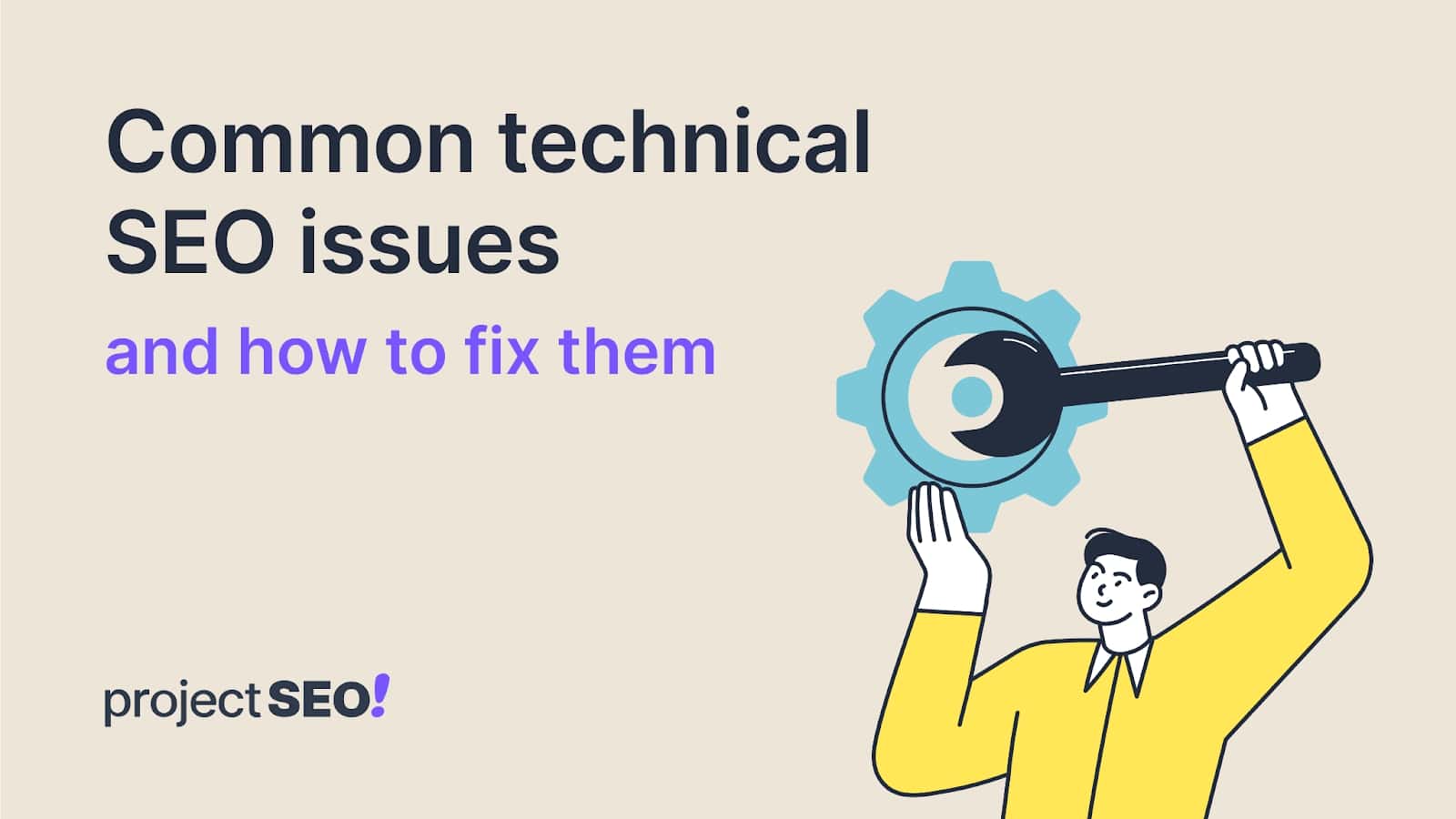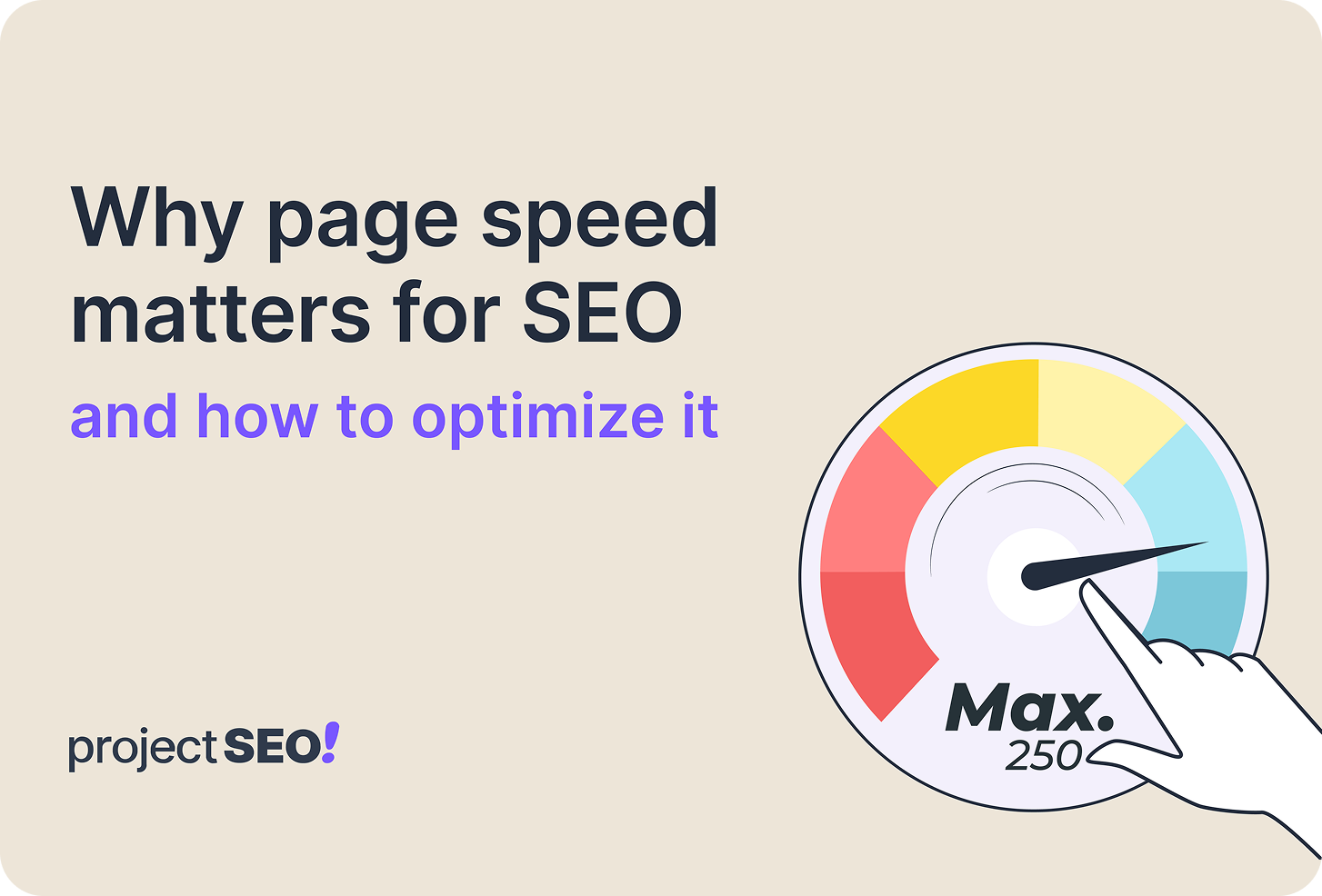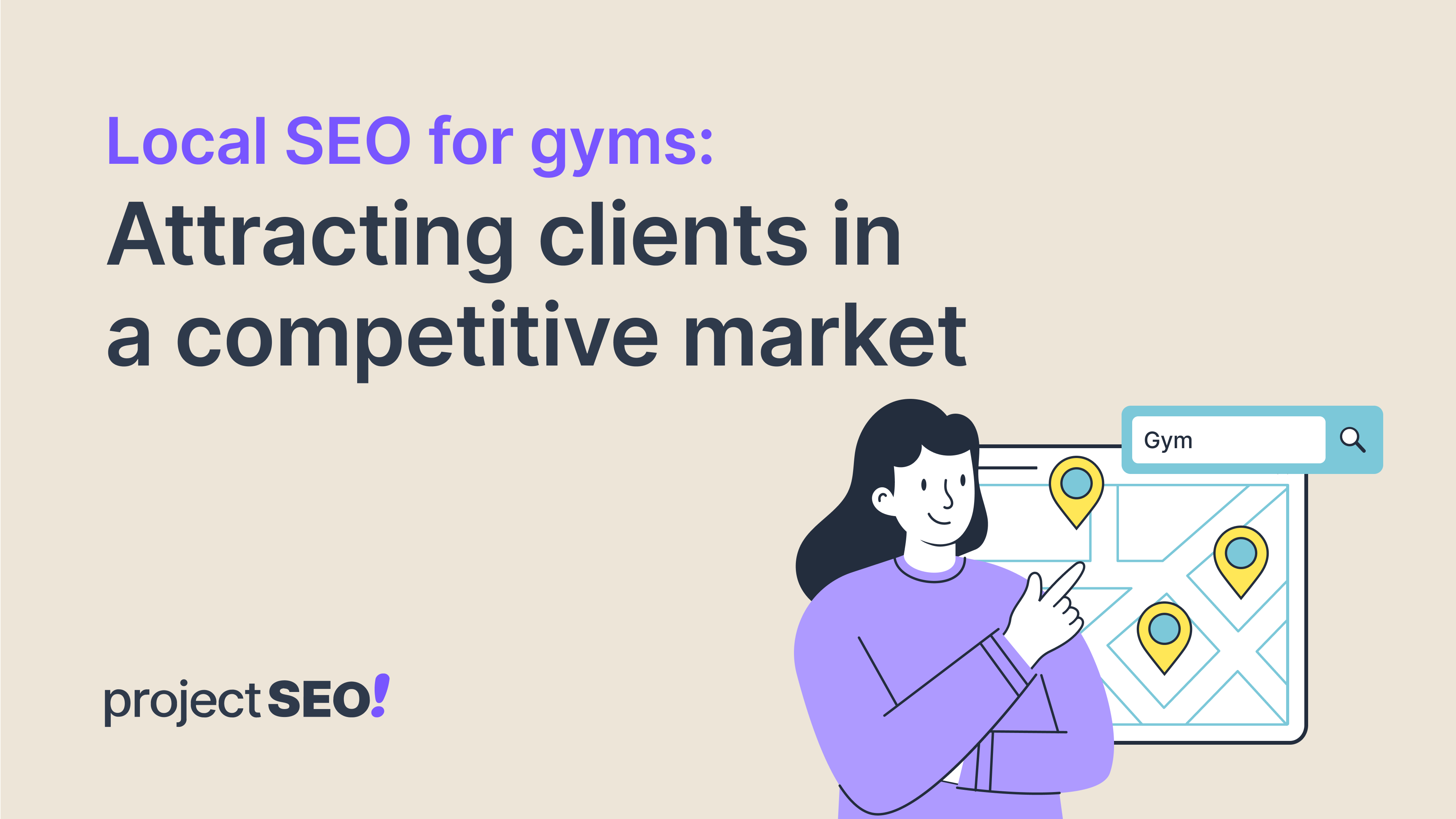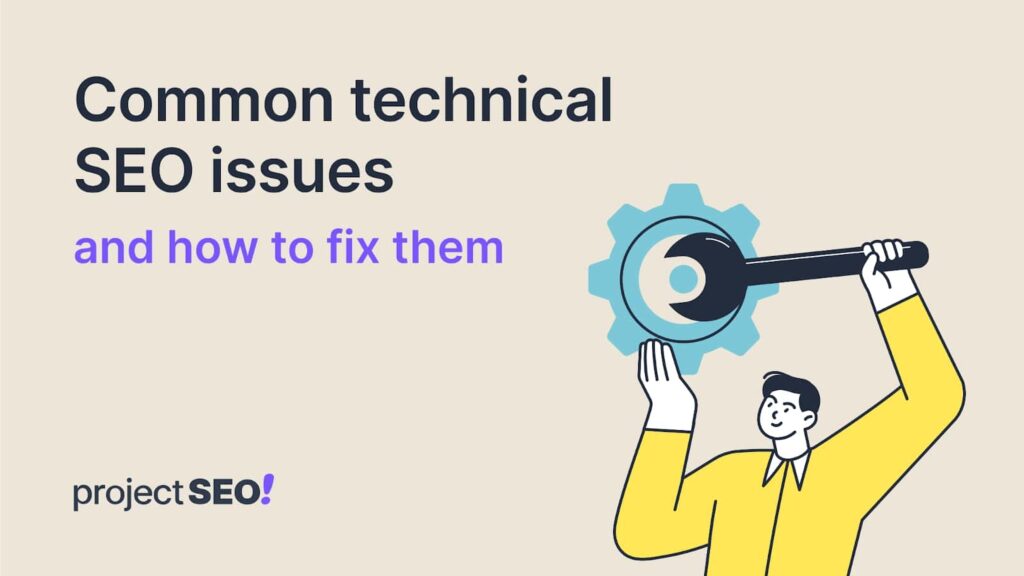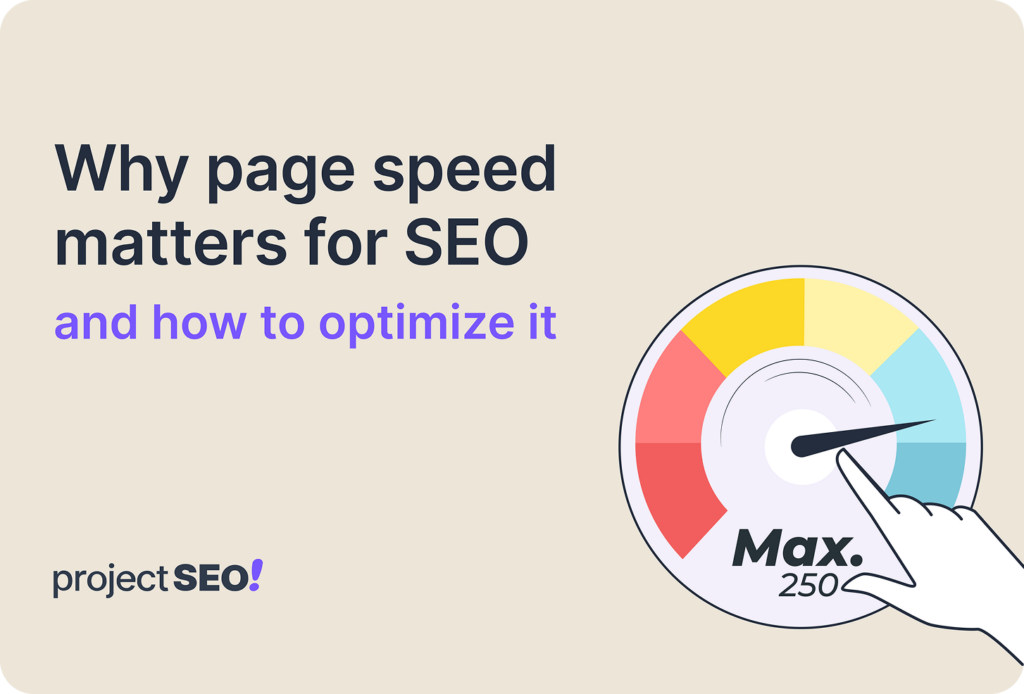For SaaS companies, international search is crucial to expanding their customer base. However, it can be challenging to navigate the different approaches to search engine optimization (SEO), pay-per-click (PPC), and international SEO. While PPC can provide quick results, it can also be costly. On the other hand, international SEO can be a long-term investment that pays off in the form of organic traffic.
International search is essential for SaaS companies because it allows them to reach a global audience. It involves optimizing a website for different languages, countries, and cultures. By doing so, SaaS companies can increase their visibility in search engines and attract more potential customers. In this article, we will discuss the best SEO practices for SaaS companies to improve their international search rankings and expand their customer base.
Key takeaways
- Claim or create your listing on Google Business Profile
- Capture reviews from happy clients
- Ongoing monitoring and experimentation are non-negotiable
International SEO vs. PPC vs. SEO: What’s the difference?
What is international SEO?
International SEO is the process of optimizing a website to improve its visibility and organic traffic from search engines in different countries and languages. This involves creating a full content strategy that caters to the target audience, considering the cultural and linguistic differences of the niche markets. The importance of International SEO lies in the fact that it helps businesses expand their online presence globally, which in turn increases their traffic potential and revenue.
What is PPC?
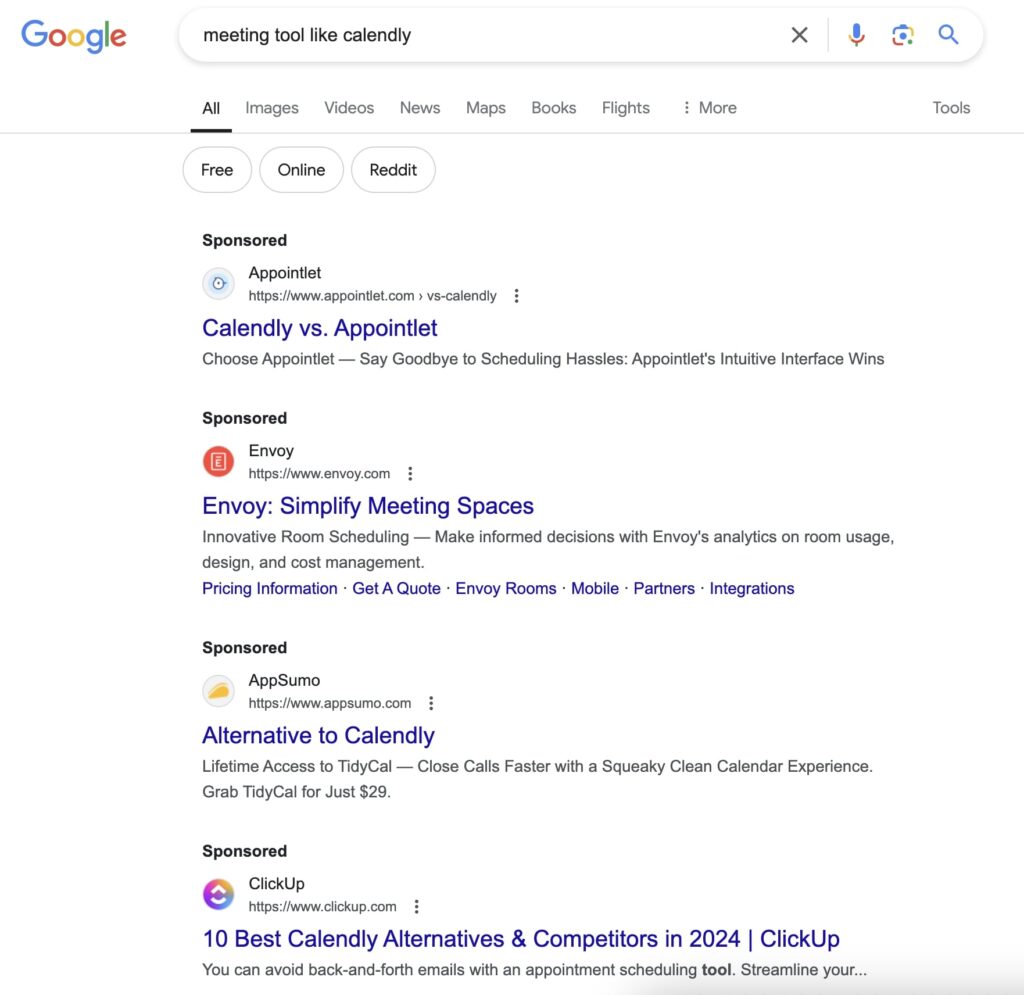
PPC stands for Pay-Per-Click, which is a digital advertising model where advertisers pay a fee every time their ad is clicked. This type of advertising is commonly used to drive website traffic and increase visibility in search engines. PPC campaigns can be highly targeted and customized to reach specific audiences based on keywords, demographics, and other factors. The advantage of PPC is that it can provide immediate results and can be an effective way to complement an SEO strategy.
What is SEO?
SEO, or Search Engine Optimization, is the practice of optimizing a website to improve its visibility and organic search rankings in search engines. This involves various techniques such as keyword research, on-page optimization, link building, and content creation. The importance of SEO lies in the fact that it can drive high-quality organic traffic to a website, which can lead to increased conversions and revenue. A well-executed SEO strategy can also help businesses establish their online presence and improve their Google rankings.
In summary, International SEO, PPC, and SEO are all important strategies for improving a website’s visibility and traffic potential. Each content marketing strategy has its own unique advantages and can be used to complement each other. By understanding the differences between these strategies, businesses can create a comprehensive digital marketing plan and create content that that caters to their target audience and niche market.
Why international search is crucial for SaaS companies
For SaaS companies, expanding their reach to international markets is a key factor in achieving growth and success. In order to do so, it is important to optimize their search engine rankings in different countries. Here are some reasons why international search is so important for SaaS companies:
Increased sales and revenue
Expanding into international markets allows SaaS companies to tap into new customer bases, which can lead to increased sales and revenue. By optimizing their search engine rankings competitive keywords in different countries, SaaS companies can reach potential customers who are searching for their products or services in those countries.
Trust and authority
Having a strong search engine presence in multiple countries can also help establish trust and authority for SaaS companies. Search engine rankings are often seen as a measure of a company’s credibility and expertise, and having a strong presence in multiple countries can help establish a company as a global leader in their industry.
Improved brand awareness
Optimizing search engine rankings in different countries can also help improve brand awareness for SaaS companies. By appearing at the top of search engine results in the same keywords in multiple countries, SaaS companies can increase their visibility and reach a wider audience.
Increased conversion and customer acquisition
By optimizing search engine rankings in different countries, SaaS companies can also increase their chances of converting potential customers into paying customers. By appearing at the top of search engine results, SaaS companies can establish themselves as the go-to solution for customers in different countries.
Better understanding of buyer personas and interests
Expanding into international markets can also help SaaS companies gain a better understanding of existing customers and their buyer personas and interests. By analyzing search trends and behaviors in different countries, SaaS companies can tailor their marketing strategies to create content to better appeal to customers in those countries.
More effective sales funnel and lead generation
By optimizing search engine rankings in different countries, SaaS companies can also improve their sales funnel and lead generation efforts. By reaching potential customers who are actively searching for their products or services, SaaS companies can increase their chances of converting leads into paying customers.
In conclusion, international search is crucial for SaaS companies looking to expand their reach and achieve growth and success. By optimizing search engine rankings in different countries, SaaS companies can increase sales and revenue, establish trust and authority, improve brand awareness, acquire more customers, gain a better understanding of buyer personas and interests, and improve their sales funnel and lead generation efforts.
1. Capture reviews from satisfied clients
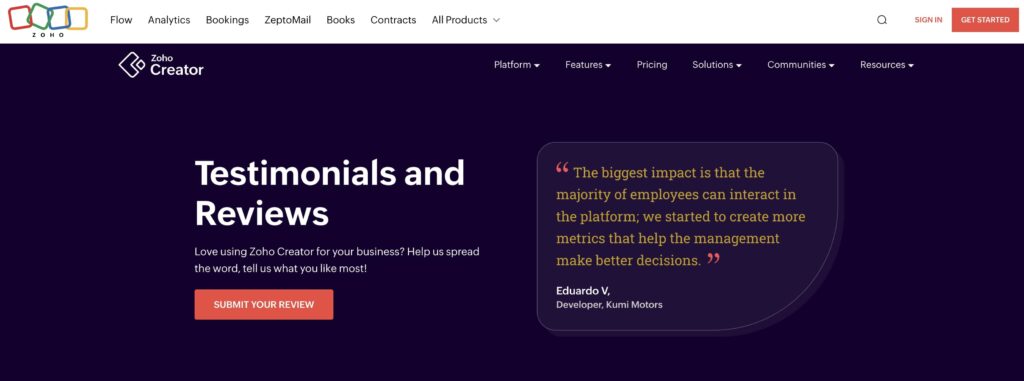
One of the most effective ways to improve the SEO of a Software as a Service or SaaS product is to capture reviews from happy clients. Positive reviews not only boost the credibility of the product but also improve its search engine rankings. Here are some tips to capture reviews from satisfied clients:
- Ask for reviews: Reach out to your clients and ask them to provide a review of the product. You can do this through email or by adding a review section on your website.
- Make it easy: Make it as easy as possible for your clients to leave a review. Provide clear instructions and links to the review section.
- Incentivize: Offer incentives such as discounts or free trials to clients who leave a review. This will encourage more clients to leave a review.
- Showcase reviews: Once you have collected reviews, showcase them on your website and other marketing channels. This will not only improve your SEO but also help potential clients make a decision to use your product.
Capturing reviews from satisfied clients is an effective way to improve the SEO of a SaaS product. By following these tips, you can increase the number of positive reviews and improve your product’s search engine rankings.
2. Get featured online and offline
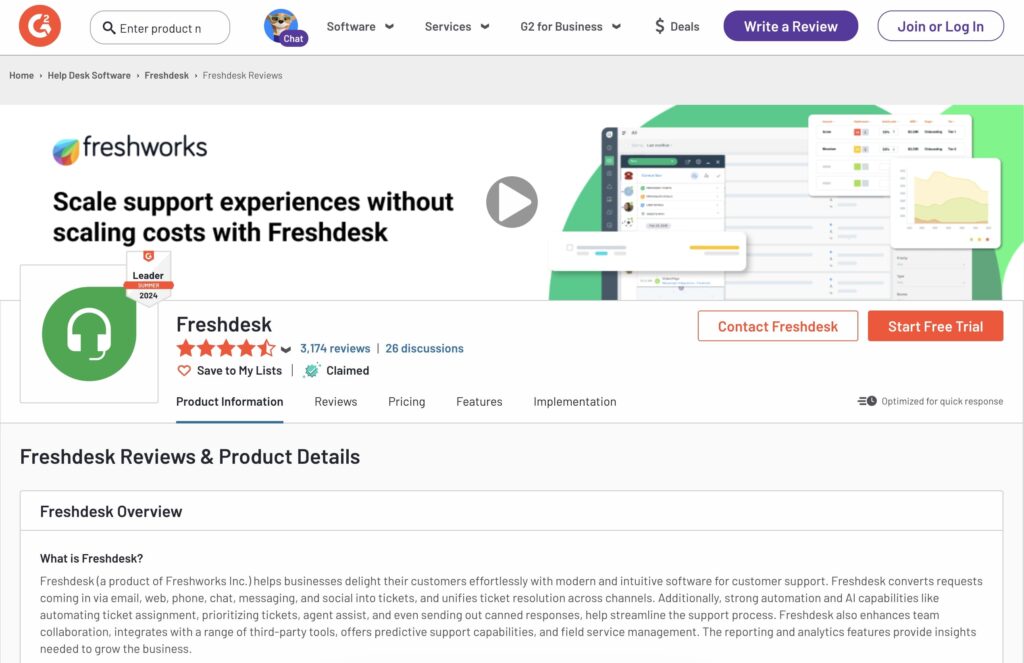
Getting featured on popular online and offline platforms is an excellent way to increase brand awareness, attract backlinks, and boost recognition. Here are three ways to get featured:
Build international citations
Creating or claiming your business listings in directories like Yelp, Justia, and Avvo can increase your visibility on search engines and those sites. Updating your citations regularly to match your site and other citations can make sure your information is accurate and trustworthy.
Online press mentions
Writing a guest blog post for popular legal blogs or platforms like Forbes can improve your visibility and drive traffic to blog content on your site. Using platforms free tools like Qwoted, Terkel, and HARO to find relevant stories journalists need expert quotes for can also help you get featured.
International press features
Sharing insights about pending legislation in your legal niche with the press can help you get featured in articles or videos with your quotes. Local press includes news stations, newspapers, and local blogs.
By implementing these strategies, Saas companies can increase their online and offline visibility, attract backlinks, and improve brand awareness.
3. Traditional SEO signals
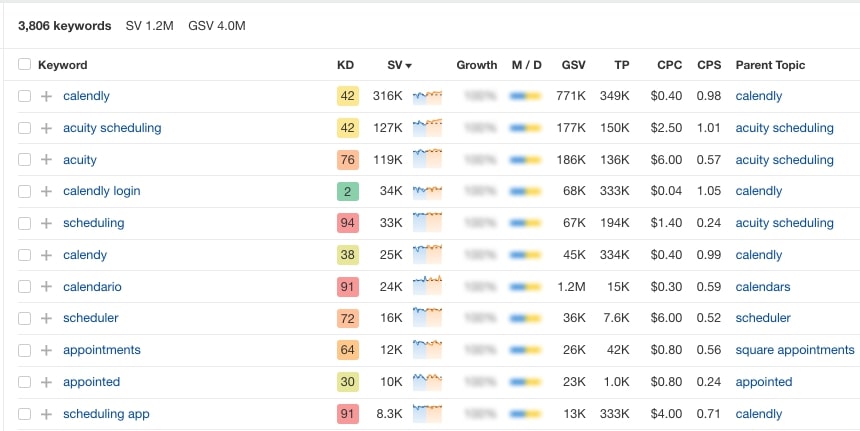
When it comes to SEO for SaaS, traditional SEO signals still play a crucial role in improving search volume, website visibility, and driving targeted traffic. Here are some of the key traditional SEO signals that can have a significant impact on your SaaS website’s search engine rankings:
- Keyword research: Conducting thorough keyword research is critical to identifying the most relevant and high-traffic keywords for your SaaS product. This can help you optimize your website content and ensure that it is aligned with your target audience’s search queries.
- Backlinks: Building high-quality backlinks from authoritative websites in your niche can significantly improve your website’s authority and search engine rankings.
- SERPs: Keeping an eye on your website’s performance in search engine results pages (SERPs) is essential for identifying areas for improvement and optimizing your website accordingly.
- Technical SEO: Ensuring that your website is technically sound and optimized for search engines can help improve your website’s crawlability and indexability, making it easier for search engines to find and rank your content.
- Link building: Building high-quality links from relevant websites can help improve your website’s authority and search engine rankings.
- Target keywords: Focusing on target keywords that are most relevant to your SaaS product can help improve your website’s search engine rankings and drive targeted traffic.
- Search intent: Understanding your target audience’s search intent is critical to creating content that is aligned with their needs and search queries.
- Ranking factors: Keeping up with the latest search engine ranking factors and algorithm updates can help you optimize your website for better search engine visibility and rankings.
- On-page SEO: Optimizing your website’s on-page elements, such as title tags, meta descriptions, and header tags, can help improve your website’s search engine rankings and click-through rates.
- Keyword strategy: Developing a comprehensive keyword strategy can help you identify relevant keywords and optimize your website content accordingly.
- Keyword difficulty: Evaluating keyword difficulty can help you identify high-opportunity keywords that are relatively easy to rank for.
- Relevant keywords: Including relevant keywords in your website content can help improve your website’s search engine rankings and drive targeted traffic.
- Off-page SEO: Building a strong off-page SEO strategy, including building high-quality links and social media engagement, can help improve your website’s authority and search engine rankings.
- Search queries: Analyzing search queries related to your SaaS product can help you identify high-opportunity keywords and optimize your website content accordingly.
- Keyword opportunities: Identifying keyword opportunities, such as long-tail keywords and related search terms, can help you optimize your website content for better search engine visibility and rankings.
- High-quality links: Building high-quality links from authoritative websites in your niche can help improve your website’s authority and search engine rankings.
Search terms: Analyzing search terms related to your SaaS product can help you identify high-opportunity keywords and optimize your website content accordingly.
Ongoing monitoring and experimentation are non-negotiable
In the world of SEO for SaaS, ongoing monitoring and experimentation are essential to success. As the market landscape and search engine algorithms are constantly evolving, it is crucial to stay up-to-date with the latest trends and adapt accordingly.
To achieve growth and meet marketing strategy goals, it is necessary to conduct ongoing monitoring of website performance, search engine rankings, and user behavior. This will help identify areas for improvement and opportunities for optimization.
Competition in the SaaS industry is fierce, and staying ahead requires a sustainable marketing and content strategy. Ongoing experimentation with different SEO tactics can help identify what works and what doesn’t, and refine content marketing strategies accordingly.
However, it is important to be mindful of the challenges that come with SEO for SaaS. It can be difficult to balance short-term gains with long-term sustainability. It is essential to invest in strategies that are sustainable and will yield long-term results, rather than relying on quick fixes that may harm the website’s reputation in the long run.
In conclusion, ongoing monitoring and experimentation are non-negotiable in the world of SEO for SaaS. By staying up-to-date with the latest trends and adapting accordingly, SaaS companies can achieve growth, meet marketing strategy goals, stay ahead of the competition, and invest in sustainable strategies for long-term success.
